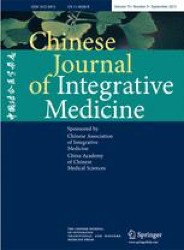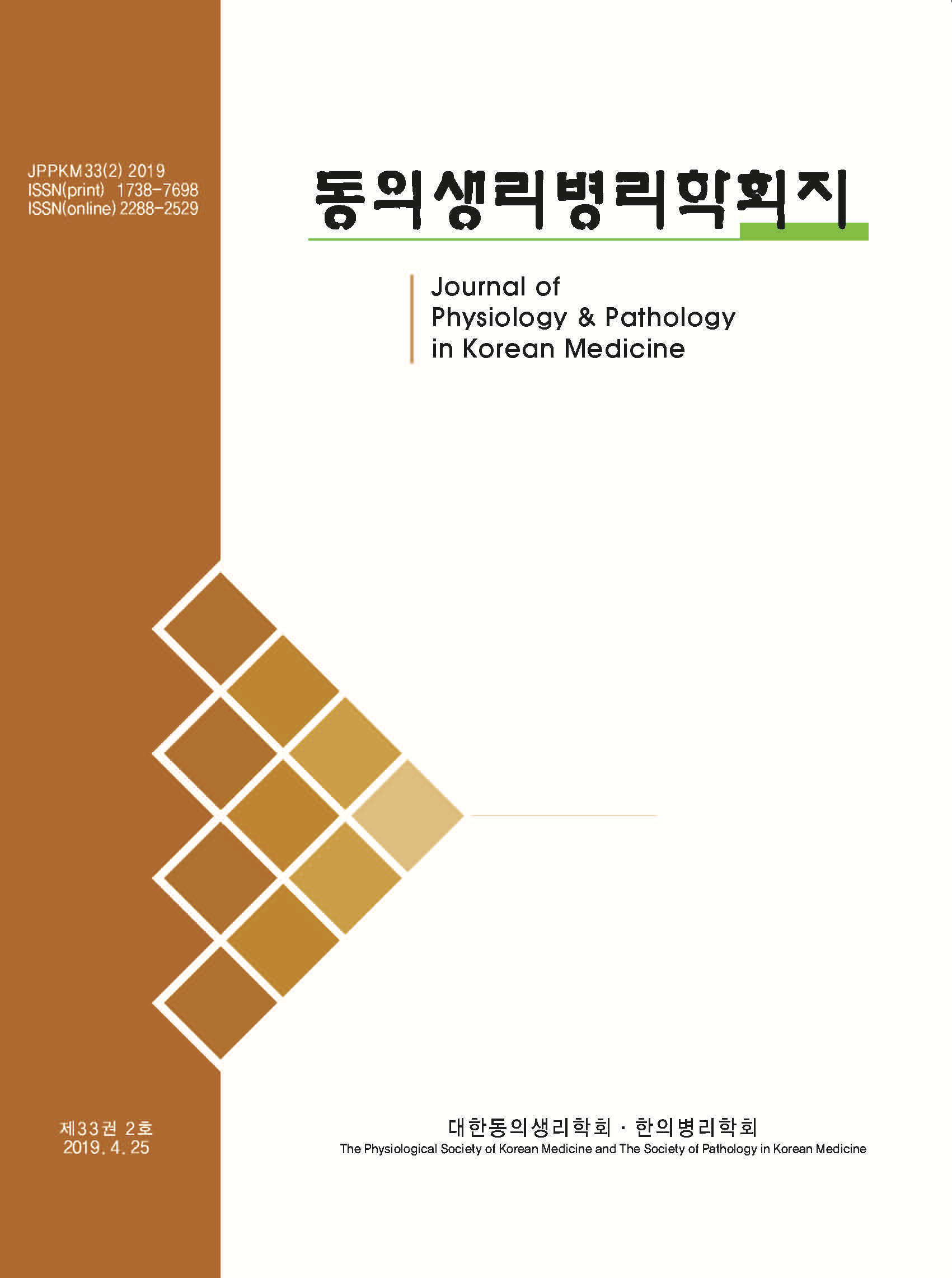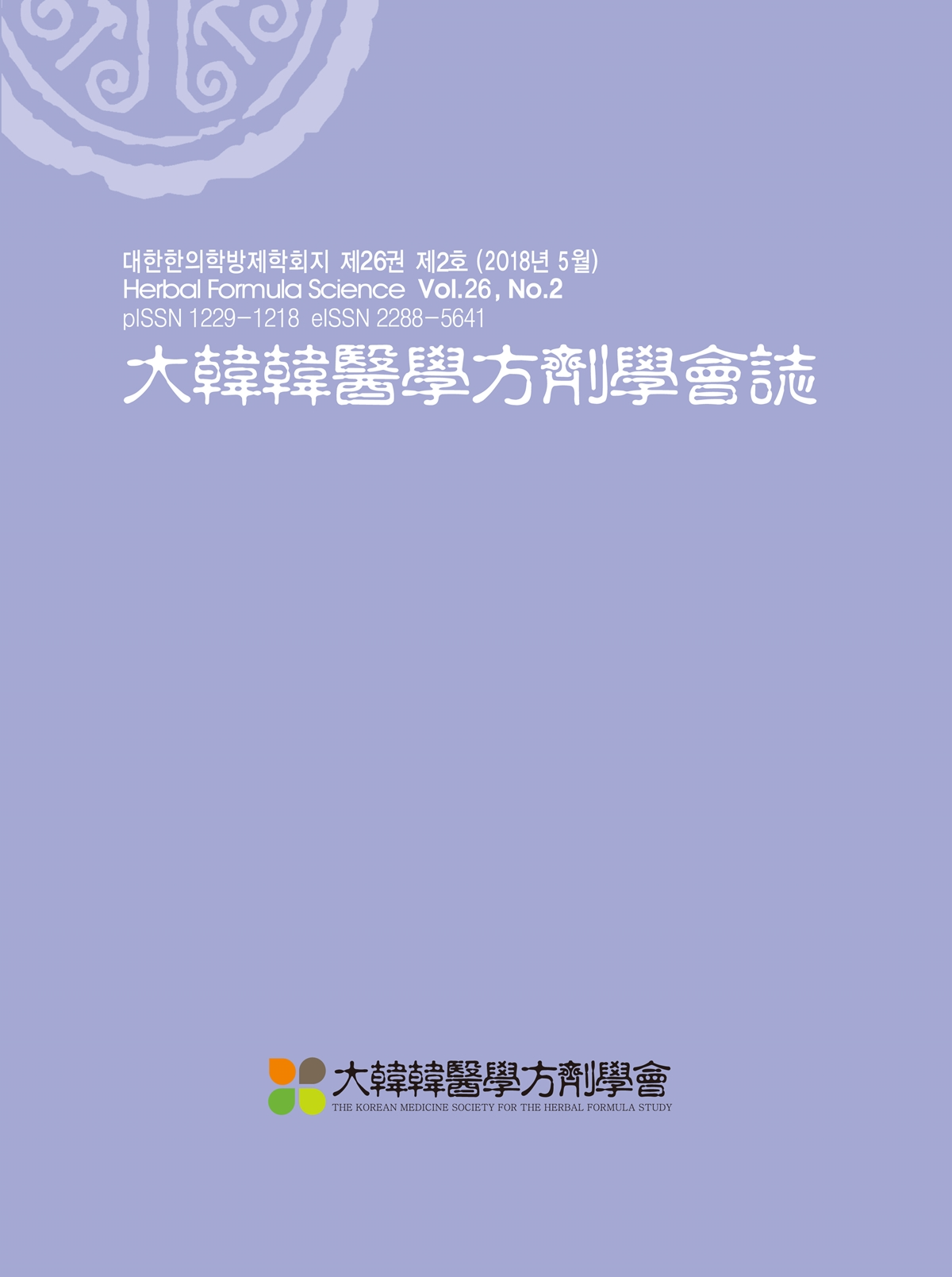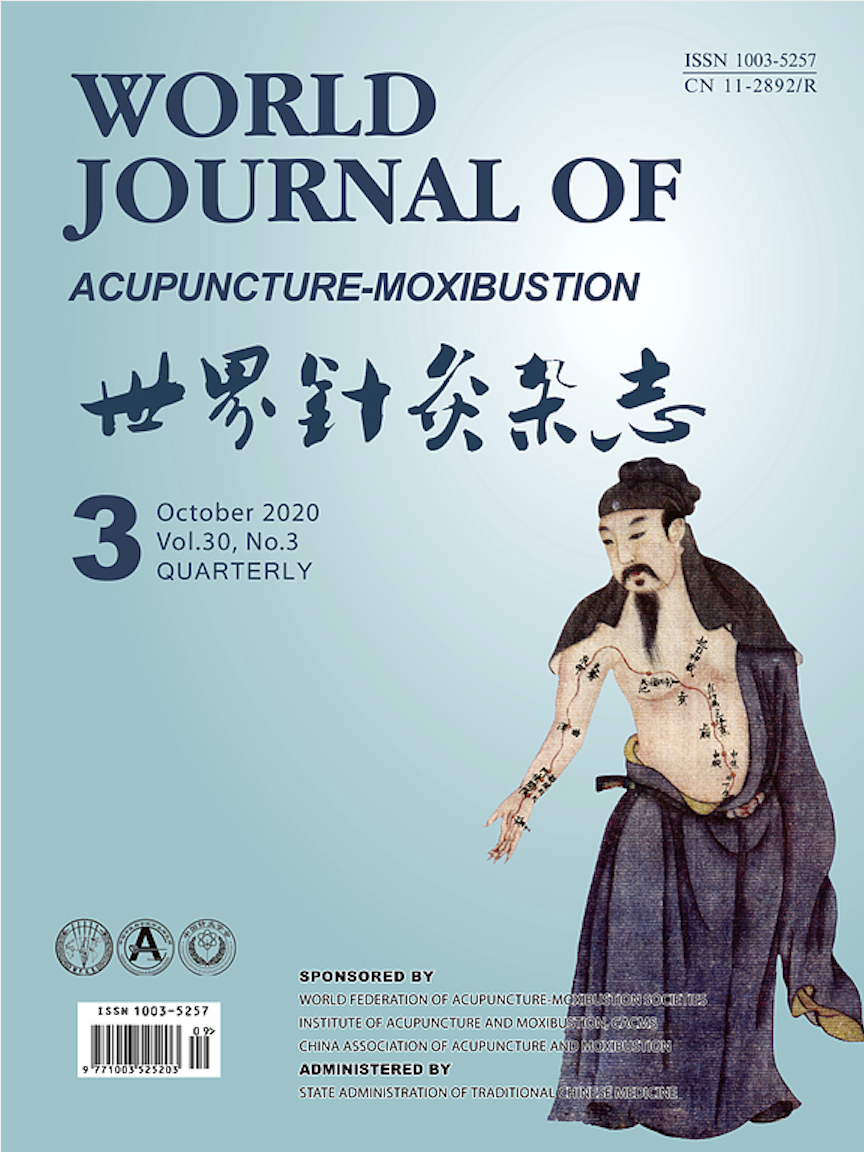
Acupuncture for Chronic Fatigue Syndrome.
Chronic fatigue syndrome, also known as myalgic encephalomyelitis (ME/CFS), is a long-term illness characterised by extreme fatigue or tiredness after physical or mental activities that doesn't go away with rest and can't be explained by an underlying medical condition.
Symptoms of chronic fatigue syndrome can vary from person to person, and the severity of symptoms can fluctuate from day to day.
What is our clinical experience?
Based on feedback collected from over 745 initial appointments for Chronic Fatigue & Thyroid Disorders, 87% of our patients reported improved quality of life after their first 5 appointments. See our detailed benchmarking statistics.
Initial
Consults
745
Average
Appointments
5
Improved
Quality of Life
87%
Refer Family &
Friends
94%
What does the research say?
The following insights are obtained from systematic reviews and analysis of clinical trials investigating the efficacy of Chinese medicine and acupuncture for chronic fatigue syndrome.
2020 Chinese Journal of Integrative Medicine
Acupuncture on treating chronic fatigue syndrome has the advantage for efficacy and safety compared to conventional treatments such as drugs, counselling psychology and physical therapy.
We found that acupuncture on treating Chronic Fatigue Syndrome has the advantage for efficacy and safety compared to conventional treatments such as drugs, counseling psychology and physical therapy. Acupuncture has shown to have less side effects and drug resistance. A combined therapy of Western medicine and Chinese medicine has proven to be most effective for patients.
Acupuncture for Chronic Fatigue Syndrome: An Overview of Systematic Reviews Yin ZH, Wang LJ, Cheng Y, Chen J, Hong XJ, Zhao L, Liang FR.
2020 Evidence-Based Complementary and Alternative Medicine
Treatments according to traditional Chinese medicine syndrome differentiation can provide patients with individualized treatments for chronic fatigue syndrome.
Currently, there are many methods for treating CFS with TCM, showing its advantages. On one hand, treatments according to syndrome differentiation are diverse and involve herbal decoctions and proprietary Chinese medicines. External treatments include moxibustion, acupuncture, tuina, cupping, and other treatments. Combination therapies include two or more external treatments combined and internal and external treatments combined, which are often better than monotherapies and can remedy deficiencies. However, the clinical manifestations of CFS are different. Although fatigue is the main manifestation, there are individual differences in the appearance of insomnia or muscle pain in some patients. Treatments according to syndrome differentiation can provide patients with individualized treatments. On the other hand, TCM often has the advantages of simplicity, effectiveness, convenience, and a lower cost.
Advances in Clinical Research on Traditional Chinese Medicine Treatment of Chronic Fatigue Syndrome Zhang X, Wang M, Zhou S
2020 Journal of Physiology & Pathology in Korean Medicine
Xiao Yao San and its modifications were effective for the improvement of general symptoms and fatigue severity in chronic fatigue syndrome post-treatment.
We performed selection/exclusion process from the found studies to conform with prespecified criteria, and assessed the final included trials according to the Cochrane risk of bias tool. The included studies were classified based on the interventions in experimental and control group.
Eight randomized controlled trials and one controlled clinical trial (total 921 participants) were eligible and their results were synthesized in the meta analysis. The synthesis showed a considerable effect of Soyo-san and its modifications on improvement of general symptoms and fatigue severity in CFS patients, while effect on depression and anxiety were inconclusive.
Effectiveness of Soyo-san (Xiaoyao-san) and its Modifications on Chronic Fatigue Syndrome: a Systematic Review and Meta-analysis Kim J, Song J, Nam D
2020 Herbal Formula Science
Gui Pi Tang may be beneficial for relieving and managing the general symptoms in CFS patients.
The results of eight randomized controlled trials (n=596) were included in the meta-analysis. The results of the synthesis showed Gwibitang is beneficial substantially for relieving and managing the general symptoms, and its heterogeneity was not in important level. Gwibitang was beneficial for alleviating fatigue, but its certainty was low.
Is Gwibitang and its modification beneficial for alleviating symptoms in chronic fatigue syndrome: A systematic review and meta-analysis Nam, Donghyun
2019 Acupuncture in Medicine
Acupuncture appeared to significantly reduce fatigue severity measured by Chalder's Fatigue Scale and the Fatigue Severity Scale compared with other types of control.
Sixteen studies with 1346 subjects were included. Most studies had low methodological quality. Meta-analyses showed a favourable effect of acupuncture on overall response rate compared with sham acupuncture and Chinese herbal medicine. Acupuncture also appeared to significantly reduce fatigue severity measured by Chalder’s Fatigue Scale and the Fatigue Severity Scale compared with other types of control.
Our review indicated that acupuncture was more effective than sham acupuncture and other interventions (Chinese herbal medicine, mainly), but no firm conclusion could be reached owing to limited data, poor quality and potentially exaggerated effect size evaluation. Further large, rigorously designed and reported RCTs are required.
Acupuncture for chronic fatigue syndrome: a systematic review and meta-analysis Zhang Q, Gong J, Dong H, Xu S, Wang W, Huang G
2018 World Journal of Acupuncture-Moxibustion
Acupuncture on back-shu points of five zang, significantly improves both the physical and mental fatigue in chronic fatigue syndrome patients, along with enhancing their psychological status.
In this study, sixty patients divided into a treatment group and a control group. The treatment group received acupuncture on the back-shu points of five zang organs. Techniques used included perpendicular and oblique needling, lifting-thrusting, and twisting-twirling, each acupoint being attended for 10 seconds. In contrast, the control group received the treatment outward of these points without seeking deqi, a sensation linked to effective needling, and with no manipulation. Both groups received treatments twice a week, each lasting twenty minutes, and to a total of eight treatments.
The study's results showed that there was a higher effective treatment rate seen in the group who received acupuncture on back-shu points than the control group. Physical and mental fatigue scores, assessed using Fatigue Scale-14, were significantly reduced post-treatment in the treatment group. Moreover, the Symptom Check-List 90, used to measure the patient's psychological status, showed notable improvement in the treatment group, demonstrating that the acupuncture approach used in the treatment group improved not just physical and mental fatigue but also the patients' psychological state. While the treatment rendered a positive impact on the control group too, the outcome was more pronounced in the treatment group.
Acupuncture on back-shu points of five zang for chronic fatigue syndrome: A randomized control trial CHEN S, LIU R, WU B, CHEN S, GUO F, XUE X, WANG J
2017 BMC Complementary Medicine and Therapies
Acupuncture and moxibustion were found to be more effective than Chinese herbal medicine, western medicine and placebo treatment (sham-acupuncture) in relieving symptoms of chronic fatigue syndrome.
A total of 31 randomized controlled trials (RCTs) were enrolled in analyses. In traditional direct meta-analysis, we found that in comparison to Chinese herbal medicine, CbAM (combined acupuncture and moxibustion, which meant two or more types of acupuncture and moxibustion were adopted) had a higher total effective rate. Compared with Chinese herbal medicine, western medicine and sham-acupuncture, SAM (single acupuncture or single moxibustion) had a higher total effective rate. In addition, compared with SAM, CbAM had a higher total effective rate. In network meta-analyses, similar results were recorded. Subsequently, we ranked all treatments from high to low effective rate and the order was CbAM, SAM, Chinese herbal medicine, western medicine and sham-acupuncture.
In the treatment of CFS, CbAM and SAM may have better effect than other treatments. However, the included trials have relatively poor quality, hence high quality studies are needed to confirm our finding.
Acupuncture and moxibustion for chronic fatigue syndrome in traditional Chinese medicine: a systematic review and meta-analysis Wang T, Xu C, Pan K, Xiong H.
2017 PLOS One
Tai Chi could be an effective alternative and/or complementary approach to existing therapies for people with fatigue.
The overall aggregated result showed that Tai Chi achieved better gains in relieving fatigue compared to the control interventions. For the subgroup analysis, Tai Chi was more beneficial for cancer-related fatigue. However, for multiple sclerosis-related fatigue, age-related fatigue, there were no significant difference between two groups. Tai Chi improved fatigue greater than conventional treatment and low-impact exercise control, while no difference was observed comparing with health education control. The length between ≤ 3 months and > 3 months and the frequency between < 5 times a week and ≥ 5 times a week, the pooled results indicated that they all have significant difference. However, in the duration≤ 60 minutes, Tai Chi was improved fatigue greater. In the duration > 60 minutes, there were no difference between two groups. So, the duration≤ 60 minutes may be better than > 60 minutes.
Does Tai Chi relieve fatigue? A systematic review and meta-analysis of randomized controlled trials Yu Xiang, Liming Lu, Xiankun Chen, Zehuai Wen
Consult with our practitioners for personalised care and advice.
Although well-conducted clinical research can help members of the public to make better-informed decisions about their healthcare, we cannot claim that any particular treatment may be effective for any individual person.
When you consult with our Chinese medicine practitioners, you'll receive personalised advice and treatment based on your symptoms and Chinese medicine diagnosis.
Scientific References
Browse our collection of scientific clinical research on acupuncture for chronic fatigue syndrome.
It includes recent and reputable papers published by peer-reviewed journals within the last 10 years.

2020, Apr 1
Acupuncture for Chronic Fatigue Syndrome: An Overview of Systematic Reviews
Chinese Journal of Integrative Medicine
We found that acupuncture on treating Chronic Fatigue Syndrome has the advantage for efficacy and safety compared to conventional treatments such as drugs, counseling psychology and physical therapy. Acupuncture has shown to have less side effects and drug resistance. A combined therapy of Western medicine and Chinese medicine has proven to be most effective for patients.
Yin ZH, Wang LJ, Cheng Y, Chen J, Hong XJ, Zhao L, Liang FR. Full Article

2020, Dec 02
Advances in Clinical Research on Traditional Chinese Medicine Treatment of Chronic Fatigue Syndrome
Evidence-Based Complementary and Alternative Medicine
Currently, there are many methods for treating CFS with TCM, showing its advantages. On one hand, treatments according to syndrome differentiation are diverse and involve herbal decoctions and proprietary Chinese medicines. External treatments include moxibustion, acupuncture, tuina, cupping, and other treatments. Combination therapies include two or more external treatments combined and internal and external treatments combined, which are often better than monotherapies and can remedy deficiencies. However, the clinical manifestations of CFS are different. Although fatigue is the main manifestation, there are individual differences in the appearance of insomnia or muscle pain in some patients. Treatments according to syndrome differentiation can provide patients with individualized treatments. On the other hand, TCM often has the advantages of simplicity, effectiveness, convenience, and a lower cost.
Zhang X, Wang M, Zhou S Full Article

2020, Jun 25
Effectiveness of Soyo-san (Xiaoyao-san) and its Modifications on Chronic Fatigue Syndrome: a Systematic Review and Meta-analysis
Journal of Physiology & Pathology in Korean Medicine
We found that Soyo-san (Xiaoyao-san) and its modifications were effective for improvement of general symptoms and fatigue severity in CFS post-treatment.
Kim J, Song J, Nam D Full Article

2020, May 31
Is Gwibitang and its modification beneficial for alleviating symptoms in chronic fatigue syndrome: A systematic review and meta-analysis
Herbal Formula Science
We found an evidence that Gwibitang could be beneficial for managing and alleviating main symptoms in chronic fatigue syndrome (CFS) patients.
Nam, Donghyun Full Article

2019, Jun 17
Acupuncture for chronic fatigue syndrome: a systematic review and meta-analysis
Acupuncture in Medicine British Medical Acupuncture Society
The review indicated that acupuncture was more effective than sham acupuncture and other interventions.
Zhang Q, Gong J, Dong H, Xu S, Wang W, Huang G Full Article

2018, Dec
Acupuncture on back-shu points of five zang for chronic fatigue syndrome: A randomized control trial
World Journal of Acupuncture-Moxibustion World Federation of Acupuncture-Moxibustion Societies
Acupuncture on back-shu points of five zang can significantly improve the somatic fatigue and mental fatigue of the patients, and at the same time improve their psychological status. Significant therapeutic effect was found on chronic fatigue syndrome (CFS). Compared with the control group, the acupuncture treatment can significantly improve the patient's somatic fatigue, mental fatigue and psychological status.
CHEN S, LIU R, WU B, CHEN S, GUO F, XUE X, WANG J Full Article

2017, Mar 23
Acupuncture and moxibustion for chronic fatigue syndrome in traditional Chinese medicine: a systematic review and meta-analysis
BMC Complementary Medicine and Therapies
In the treatment of CFS, CbAM and SAM may have better effect than other treatments. However, the included trials have relatively poor quality, hence high quality studies are needed to confirm our finding.
Wang T, Xu C, Pan K, Xiong H. Full Article

2017, Apr 5
Does Tai Chi relieve fatigue? A systematic review and meta-analysis of randomized controlled trials
PLOS One Public Library of Science
The results suggest that Tai Chi could be an effective alternative and /or complementary approach to existing therapies for people with fatigue. However, the quality of the evidence was only moderate and may have the potential for bias. There is still absence of adverse events data to evaluate the safety of Tai Chi. Further multi-center RCTs with large sample sizes and high methodological quality, especially carefully blinded design, should be conducted in future research.
Yu Xiang, Liming Lu, Xiankun Chen, Zehuai Wen Full Article
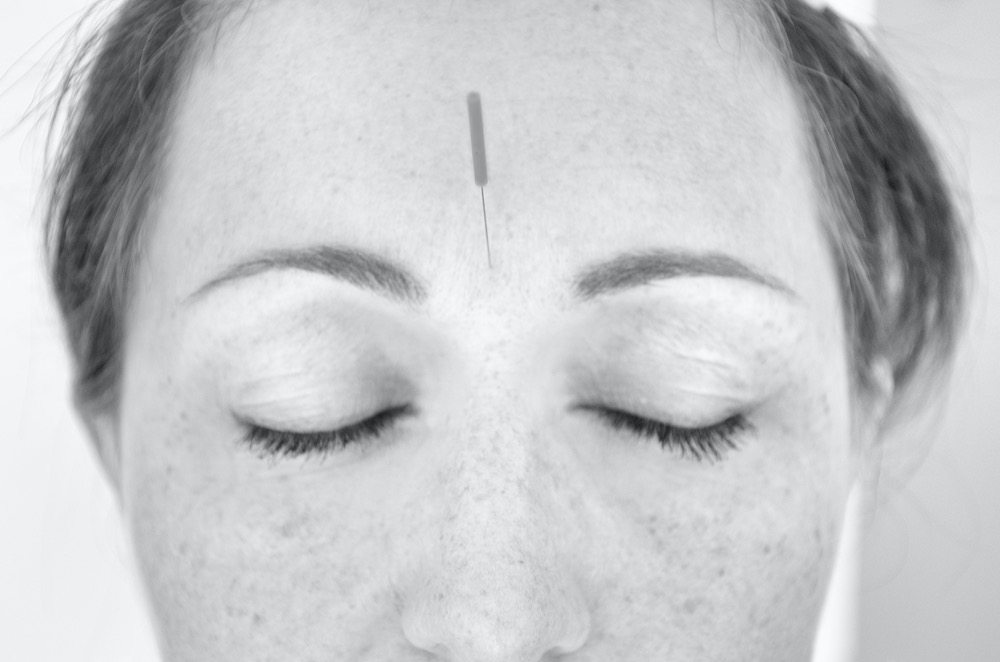
“It is by virtue of the twelve channels that human life exists, that disease arises, that human beings can be treated and illness cured. The twelve channels are where beginners start and masters end.” The Classic of Acupuncture
Circa 1st Century BCE
